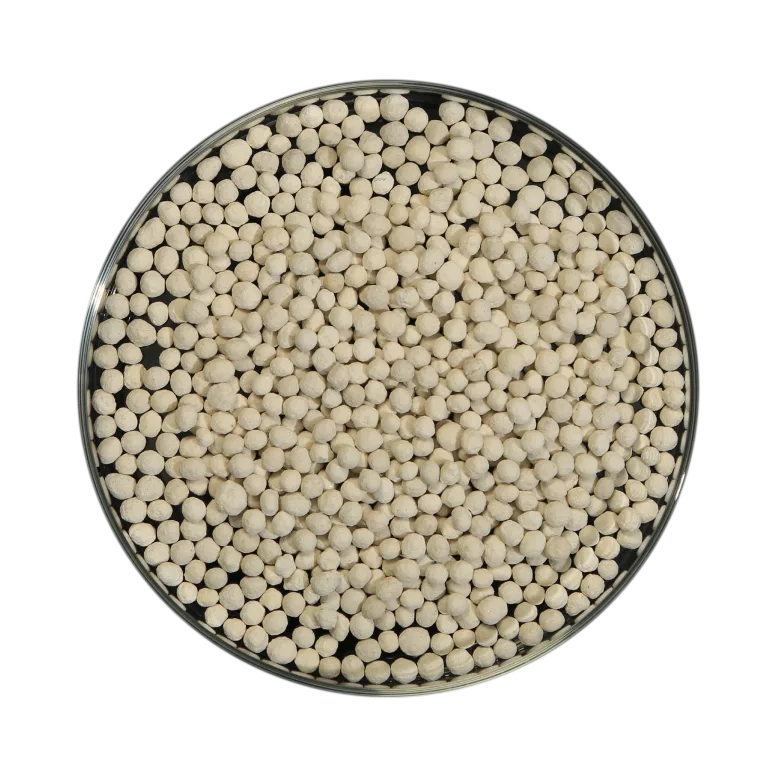


Talc Base Bio Fertilizer Granule
Azotobacter
 Share On Whatsapp
Share On Whatsapp

Azotobacter are independent microorganisms capable of converting atmospheric nitrogen into soil, serving as an excellent source for a natural bio-fertilizer suitable for the cultivation of various crops.
Azotobacter has the capacity to fix atmospheric nitrogen by transforming it into ammonia. Plants can then absorb the ammonia as a nutrient. The increased adaptability of Azotobacter bacteria makes it valuable for agricultural use. The medium utilized in this product is Talc, which boosts its efficiency and ensures an optimal shelf life.
| Parameter | Details | |
|---|---|---|
| Base | Granule | |
| Viable Cell Count | CFU minimum 5 x 107 cell/g | |
| Contamination Level | No contamination at 105 dilution | |
| pH | 5.0 – 7.0 | |
| Efficiency Character | The strain should be capable of fixing at least 10 mg of nitrogen per g of sucrose consumed | |
-
Nitrogen Fixation:
Azotobacter has the unique ability to convert atmospheric nitrogen into ammonia, a form usable by plants. This process reduces the need for synthetic nitrogen fertilizers and supports sustainable crop production. -
Growth Promotion:
It produces plant growth-promoting substances such as auxins, cytokinins, and gibberellins, which enhance root growth, nutrient uptake, and overall plant vigor. -
Improved Nutrient Availability:
Azotobacter secretes enzymes that decompose organic matter, releasing essential nutrients like phosphorus, potassium, and micronutrients to the soil, thus improving nutrient uptake and root development. -
Enhances Soil Fertility:
By increasing organic matter and improving soil structure and cation exchange capacity, Azotobacter contributes significantly to soil fertility and microbial health. -
Strengthened Plant Resistance:
It boosts plant immunity by triggering natural defense compounds in plants, enhancing resistance to pathogens and reducing dependency on chemical pesticides. -
Environmental Sustainability:
Its ability to reduce synthetic nitrogen usage helps prevent nitrogen runoff into water bodies, making agricultural practices more environmentally friendly. -
Thrives in Alkaline Soils:
Azotobacter is highly adaptable and can flourish in alkaline soil conditions, making it suitable for a wide range of soil types. -
Biological Control Agent:
It produces bioactive compounds that suppress plant pathogens, offering natural protection and improving plant health.
Recommended Crops
It should be used along with Grapes & Banana, Citrus, Mango, Tomato, Corn, Pomegranate, Groundnut, Cotton, Soyabean, Coconut, Potato, Brinjal, Onion, Garlic, Cumin, Chilies, Beans, Okra, Pea, Tomato, Cabbage, Cauliflower, Sugarcane, Paddy, Rice, Wheat, Oat, Barley, Mustard, Sunflower, Carrot, Sorghum, Bajra, Lawns, Gardens, Green House, Etc.
Recommended Application
- Soil Application
Dosage:
50 Kgs to 100 Kgs/Acre
Packaging:
50 Kgs HDPE Bags


